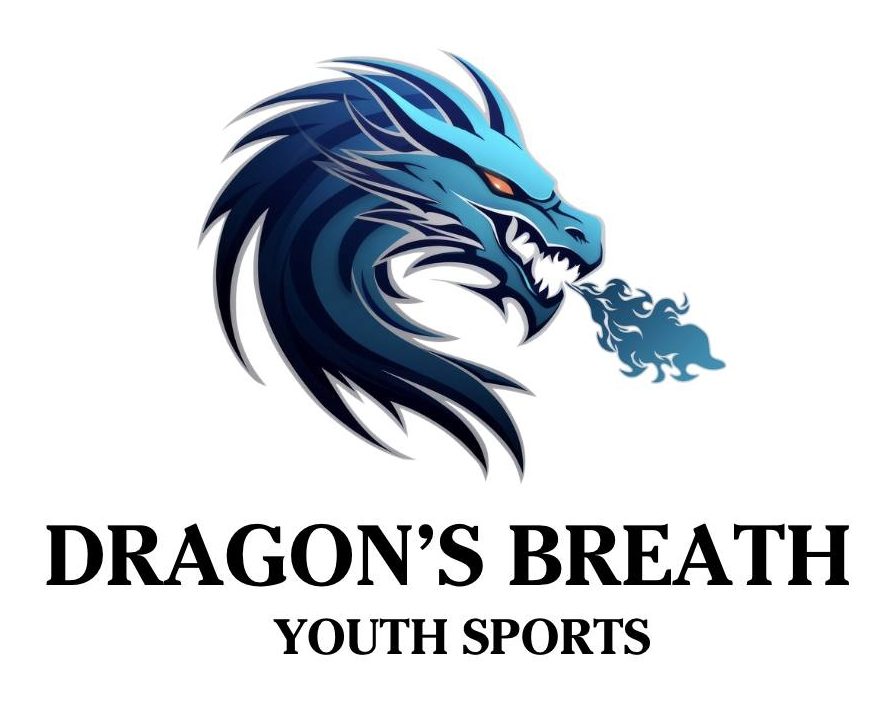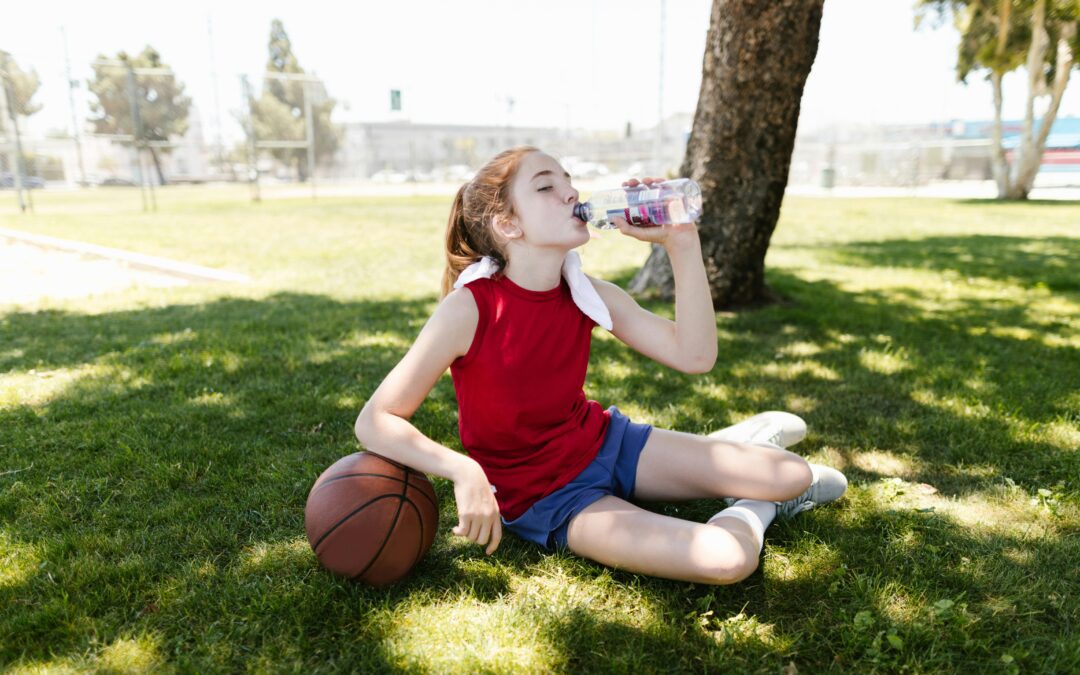Why Rehydration Matters
When we exercise, our muscles generate heat, and the body cools itself through sweating. This process of thermoregulation ensures that the body doesn’t overheat, but it also leads to water and electrolyte loss. According to the American College of Sports Medicine, even a 2% loss in body water can impair performance. This highlights the importance of regular rehydration before, during, and after exercise.
Water is essential for the body’s various biochemical processes, including digestion, nutrient transport, and maintaining cellular functions. For athletes, staying hydrated is vital for muscle function, blood circulation, and temperature control. Dehydration affects the balance of electrolytes, such as sodium, potassium, and magnesium, leading to muscle cramps, dizziness, and reduced endurance.
Optimal Rehydration Strategies
1) Pre-Exercise Hydration: Athletes should begin hydrating at least 24 hours before competition or training. The goal is to start with normal fluid levels. According to the National Athletic Trainers’ Association, drinking 16-20 ounces of water two hours before exercise is recommended.
2) During Exercise:Athletes should replace fluids during activity to minimize fluid deficits. The Mayo Clinic suggests that an individual consumes 7-10 ounces of water or a sports drink every 10-20 minutes during physical activity. For longer sessions, particularly in hot or humid environments, an electrolyte-containing sports drink is crucial to replenish lost salts and prevent hyponatremia (low blood sodium levels).
3)Post-Exercise Hydration:After exercise, rehydration should include both water and electrolytes. A general rule is to drink 16-24 ounces of fluid for every pound of body weight lost during exercise. Athletes may consider sports drinks or electrolyte-rich foods like bananas, leafy greens, or salty snacks for effective recovery.
The Role of Electrolytes
Electrolytes are minerals that carry an electric charge and are vital for various body functions, including nerve transmission and muscle contraction. Sodium, potassium, and chloride are the primary electrolytes lost in sweat, and replenishing them is essential to avoid cramps, fatigue, and imbalances in the body’s fluid levels. Sports drinks, designed to replenish electrolytes and fluid, often contain appropriate amounts of sodium and potassium for optimal recovery.
In conclusion, rehydration is an essential aspect of athletic performance and recovery. By incorporating the right hydration practices, athletes can ensure better endurance, reduced risk of injury, and optimal performance.
References:
- American College of Sports Medicine. (2020). “Exercise and Fluid Replacement.” Retrieved from acsm.org
- Mayo Clinic. (2023). “Water: How Much Should You Drink Every Day?” Retrieved from mayoclinic.org
- National Athletic Trainers’ Association. (2017). “Fluid Replacement for Athletes.” Retrieved from nata.org


